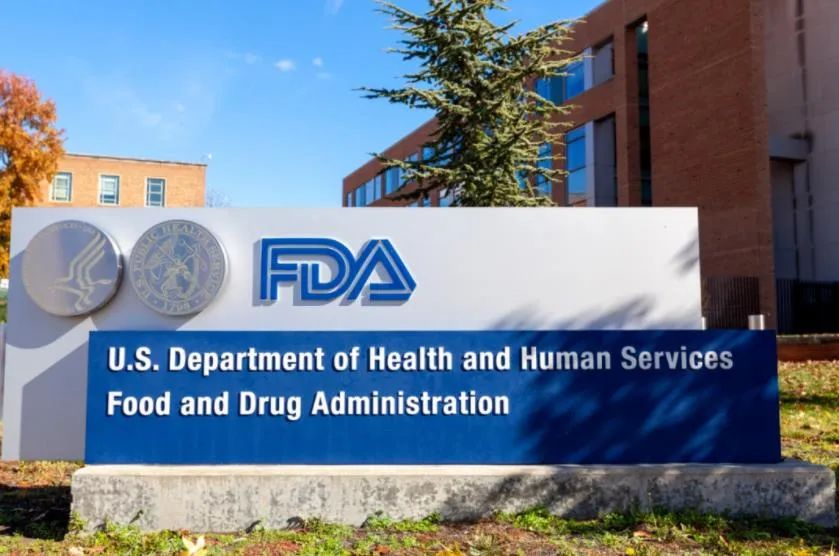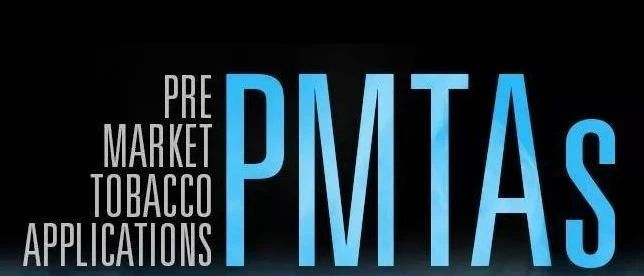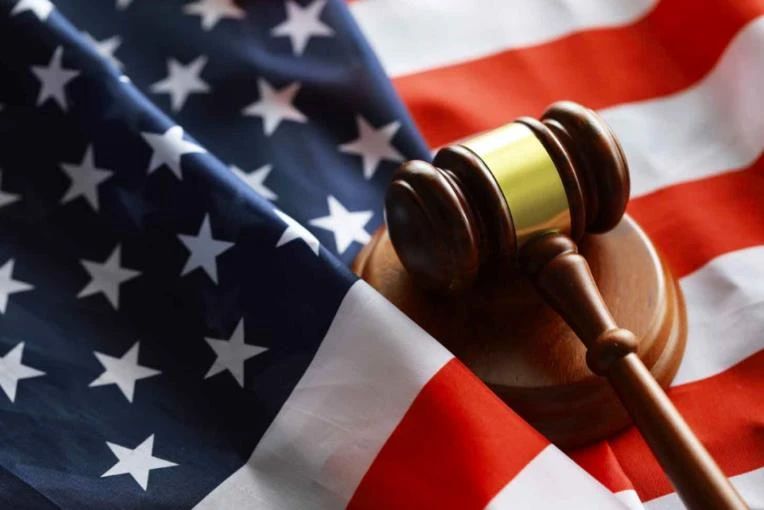Reynolds Tobacco filed an investigation application (337 investigation) with the U.S. International Trade Commission (ITC), accusing 26 Chinese and American e-cigarette manufacturing and distribution companies of unfair import practices.
Recently, the U.S. Food and Drug Administration (FDA) sent a letter to the ITC, emphasizing that Reynolds Tobacco has no right to ask the ITC to investigate 26 e-cigarette companies. Will this letter have any impact on the progress of the case? To answer this question, we consulted lawyer Tang Shunliang, an expert on Chinese e-cigarette law. Attorney Tang believes that it will be beneficial for the e-cigarette companies under investigation for the FDA to take the initiative to cite legal basis and submit it to the ITC.

The following is Attorney Tang’s view:
The FDA quickly and proactively sent a letter to the ITC. It was indeed unexpected. Judging from the meaning expressed in the FDA letter, it pointed out that the ITC had no jurisdiction over the case, and it did not clearly state that it had taken enforcement actions against the companies involved in the case. However, it is clearly pointed out that Reynolds Tobacco, as a private enterprise, cannot be an applicant to submit the investigation of this case to 337. Compared with the intellectual property 337 investigation, this case is more like a government department at the FDCA (Federal Food, Drug and Cosmetic Act) level. The law has given the FDA the right to enforce and litigate non-compliance, and there is no need for companies to file lawsuits through “private remedies.”
However, the FDA did not directly say in the letter that the ITC has no jurisdiction at all. According to the evidence provided by Renault, the defendant company had problems such as the “customs code” of imported goods. These problems are not within the scope of FDA management, but for the ITC, they are sanctions. The reason may be too small.
The letter is more about the FDA introducing its regulatory bill and implementation of e-cigarette products. The FDA stated that it has taken and will continue to take advisory and enforcement actions against tobacco products sold without FDA authorization. For example, as of October 20, 2023, the FDA has issued more than 630 warning letters to companies that produce, sell and/or distribute new tobacco products without FDA approval.
In addition, the FDA has filed civil penalty complaints involving 35 e-cigarette manufacturers and 22 retailers, as well as six permanent injunction complaints against companies selling illegal e-cigarettes. In addition, the FDA has issued multiple import warnings targeting such products. These contents are also equivalent to defending their insufficient “enforcement of law”.
In fact, the workload of FDA’s review of e-cigarettes is too large. In the eyes of companies, the issues of “execution”, “strict implementation” and “when to implement” regulations are still ambiguous. Some companies apply for review and only get Once the registration number is reviewed, it can be sold normally.

In the letter, the FDA used a lot of words to cite regulations and cases. These regulations and cases mainly reinforce one point: in food, drugs, cosmetics, tobacco, e-cigarettes, etc., the regulations of the FDCA and the responsibilities of the FDA are based on the law. , FDA is able to enforce non-compliance in these areas based on regulations, which is a power given to FDA by Congress.
The FDA also stated that private companies have no right to ask the government to enforce the FDCA. The letter mentioned that because the FDA is the only expert agency responsible for determining whether a product complies with the FDCA, Congress authorized the FDA to use a variety of enforcement tools to address the distribution of violative products.
The FDA may bring civil injunction proceedings against companies that distribute such products, but Congress prohibits private parties from taking action to enforce the FDCA.
Finally, our analysis believes that on the issue of compliance supervision of e-cigarettes in the United States, Renault’s move shows its ambition to use legal “weapons” to carve up the U.S. e-cigarette market. Therefore, the FDA directly named the British American Tobacco brand (VUSE) itself in the letter Similar non-compliance issues exist.
Because of the FDA’s voice, if the ITC is ultimately excluded from jurisdiction, the Reynold 337 investigation case will not be so smooth, but it can also appeal to the court against the ITC.

